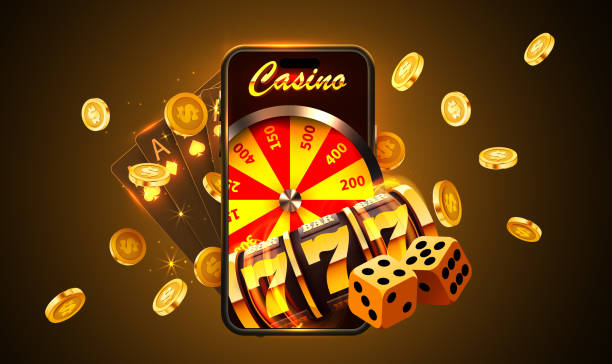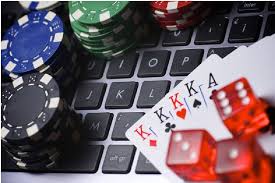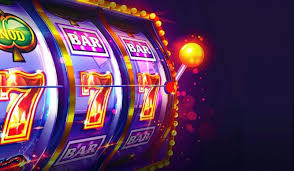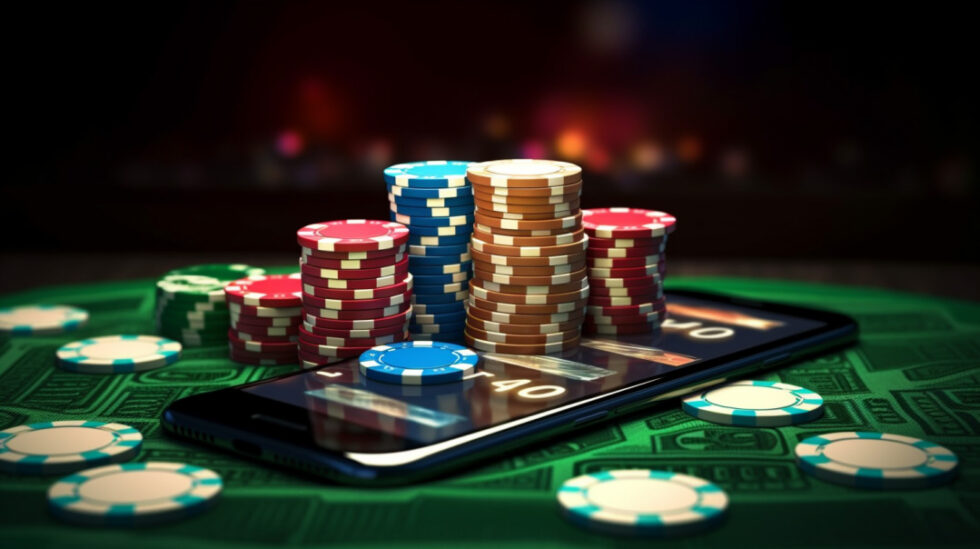The Impact of Online Gambling on Mental Health
Online gambling has surged in popularity over recent years, transforming the landscape of gambling as we know it. With the advent of technology, players can now engage in various gambling activities from the comfort of their homes. However, this increased accessibility has raised significant concerns regarding its impact on mental health. The drive for easy access to gambling platforms, such as Online Gambling and Mental Health Awareness marvelbet sign up, can lead to potential mental health issues including addiction, anxiety, and depression. In this article, we will explore the complex relationship between online gambling and mental health, examining how gambling can function as a double-edged sword.
The Rise of Online Gambling
The evolution of online gambling is a noteworthy phenomenon. Traditionally, gambling required physical presence in a casino or betting shop, but now, it is accessible via smartphones and tablets. This ease of access means that individuals can gamble at any time of day or night, further blurring the lines between entertainment, relaxation, and addiction. As reports indicate, millions partake in online gambling, drawn by the excitement and financial incentives.
The Allure of Online Gambling
Why do so many find online gambling appealing? Part of it relates to the thrill and entertainment value it provides. For some people, placing bets offers an exhilarating sense of risk and reward that can be highly addictive. Moreover, various games and betting options are designed with psychological engagement in mind. Factors such as vivid graphics, engaging gameplay, and the potential for monetary gain can create a captivating environment where players may lose track of time and money.
Addiction and Compulsive Behavior
Gambling addiction, often referred to as compulsive gambling, is a recognized mental health disorder. The American Psychiatric Association classifies it as a behavioral addiction, characterized by an uncontrollable urge to gamble despite the negative consequences. In the context of online gambling, the anonymity and convenience can exacerbate the problem. Many individuals who develop a gambling addiction report feelings of shame and guilt, leading them to seek solace in gambling as a means of escape.
The Role of Mental Health
Research suggests a strong correlation between mental health disorders and problem gambling. Individuals with pre-existing conditions such as anxiety, depression, or personality disorders may be more vulnerable to developing gambling problems. The pursuit of gambling can serve as a maladaptive coping mechanism for individuals seeking to manage their stress or emotional pain. The temporary highs that come from winning can momentarily alleviate feelings of sadness or anxiety, but these effects are often short-lived, leading to a vicious cycle of gambling to cope with worsening conditions.
Signs of Problem Gambling
Recognizing the signs of problem gambling can be critical in addressing it early. Some common signs include:
- Frequent thoughts about gambling, even when not actively gambling
- Gambling with money that one cannot afford to lose
- Withdrawal from friends and family
- Escalating bets to chase losses
- Neglecting responsibilities or lying about gambling habits
If any of these signs resonate, it may be time to consider seeking help or evaluating one’s gambling habits.
Preventative Measures
For those who choose to gamble online, understanding the risks is essential. Setting limits on time and money spent on gambling is a critical first step in prevention. Additionally, reputable online gambling platforms often provide tools for players to set self-imposed limits or pause their accounts temporarily. Knowing when to walk away is vital. Also, educating oneself about responsible gambling practices can further mitigate the risks associated with compulsive gambling behavior.
Finding Help and Resources
Fortunately, help is available for those struggling with gambling addiction. Numerous organizations offer support and resources, including:
- National Council on Problem Gambling (NCPG)
- Gamblers Anonymous (GA)
- Gambling Therapy
These organizations provide confidential support, guidance, and education for individuals and families affected by problem gambling. Seeking help is a courageous and necessary step toward recovery.
The Path Forward
As online gambling continues to gain traction, it is imperative to foster awareness regarding its potential impact on mental health. By educating ourselves and others, we can create a culture of responsible gambling that promotes well-being and mental health. Ensuring that individuals are equipped with the knowledge and tools to gamble responsibly can help mitigate the risks associated with gambling and promote a healthier relationship with this form of entertainment.
In conclusion, while the allure of online gambling can be strong, it is essential to recognize the potential mental health consequences it may entail. By remaining informed and seeking help when needed, we can safeguard our mental well-being and enjoy the games and entertainment that online gambling can provide in moderation.




